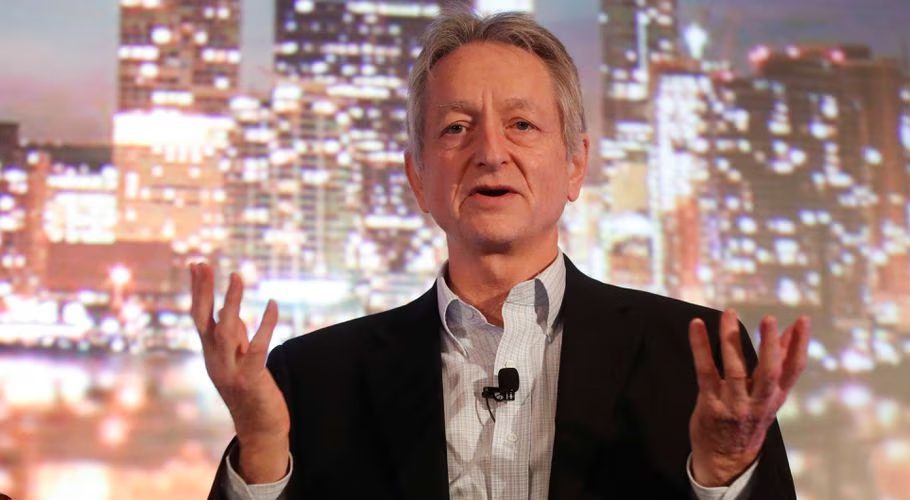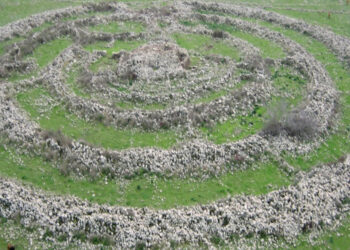![]() Follow Us on Google News
Follow Us on Google News
LONDON: Artificial intelligence could pose a “more urgent” threat to humanity than climate change, AI pioneer Geoffrey Hinton told Reuters in an interview on Friday.
Geoffrey Hinton, widely known as one of the “godfathers of AI”, recently announced he had quit Alphabet (GOOGL.O) after a decade at the firm, saying he wanted to speak out on the risks of the technology without it affecting his former employer.
Hinton’s work is considered essential to the development of contemporary AI systems. In 1986, he co-authored the seminal paper “Learning representations by back-propagating errors”, a milestone in the development of the neural networks undergirding AI technology. In 2018, he was awarded the Turing Award in recognition of his research breakthroughs.
But he is now among a growing number of tech leaders publicly espousing concern about the possible threat posed by AI if machines were to achieve greater intelligence than humans and take control of the planet.
“I wouldn’t like to devalue climate change. I wouldn’t like to say, ‘You shouldn’t worry about climate change.’ That’s a huge risk too,” Hinton said. “But I think this might end up being more urgent.”
He added: “With climate change, it’s very easy to recommend what you should do: you just stop burning carbon. If you do that, eventually things will be okay. For this it’s not at all clear what you should do.”
Microsoft-backed (MSFT.O) OpenAI fired the starting pistol on a technological arms race in November, when it made AI-powered chatbot ChatGPT available to the public. It soon became the fastest-growing app in history, reaching 100 million monthly users in two months.
In April, Twitter CEO Elon Musk joined thousands in signing an open letter calling for a six-month pause in the development of systems more powerful than OpenAI’s recently-launched GPT-4.
Last week, the committee agreed a landmark set of proposals targeting generative AI, which would force companies like OpenAI to disclose any copyright material used to train their models.
































